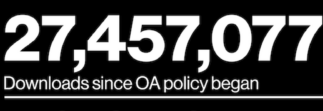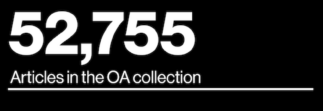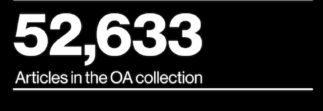MIT has received a grant of $750,000 from The Andrew W. Mellon Foundation to support a postdoctoral research program on equitable and open scholarship. The program will be part of the MIT Libraries’ Center for Research on Equitable and Open Scholarship (CREOS).
The MIT Libraries launched CREOS in late 2018 in response to a need for credible research to inform efforts for a more equitable and open scholarly ecosystem — a complex set of institutions, actors, and infrastructures that contribute to the creation, distribution, and use of scholarship, including universities, publishers, libraries, scholarly societies, funders, and technologies. Establishing a research initiative on the biggest challenges in scholarly communication was a recommendation of MIT’s Institute-wide Task Force on the Future of Libraries, which released its report in 2016.
“We don’t yet have a robust understanding of what motivates scholars to openly share their work,” said Chris Bourg, founding director of CREOS and director of the MIT Libraries. “Evidence-based research on equitable and open scholarship is critical to developing theories, models, and insights to inform programs and policies to encourage open scholarship.”
Support from The Mellon Foundation will allow CREOS to recruit, hire, and support recent PhD graduates from a range of disciplines who want to pursue original research in this area. Beginning in 2021, CREOS will hire postdocs for two-year appointments. CREOS’s research agenda is focused on three areas:
- Incentives and barriers to equitable and open scholarship;
- Impacts of equitable and open scholarship; and
- Economic models for equitable and open scholarship.
The postdoctoral research program, designed to address the lack of data-driven evidence about the best ways to support open scholarship, comes at an opportune time, according to Bourg: “There are now sufficient examples of implementing open scholarship that we can apply scientific research methods to study the field, with a goal to inform programs and policies over the next 10 years.”


